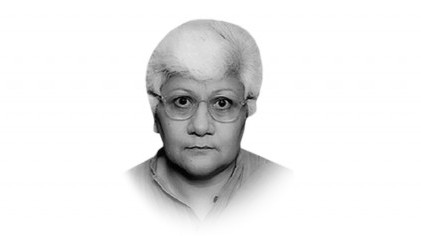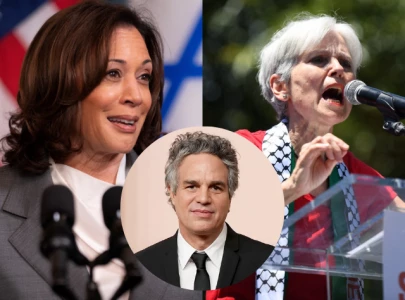
Our first saviour, Ayub Khan, increased centralisation and authoritarianism in the 1962 Constitution thereby engendering feelings of resentment and deprivation in East Pakistan which was treated like a colony and its citizens as second-class Pakistanis. The central government often took steps which it said were consistent with the ‘national interest’ but the fact was that the same ‘national interest’ invariably coincided with the interests of the West Pakistani elite. The per capita income disparity between the two wings was 30 per cent at the time of Ayub’s takeover and rose to 61 per cent by the time he departed.
Severe income disparities even within West Pakistan resulted from a massive concentration of wealth in a very few hands. Voices against inequality were raised but the Press and Publications Ordinance was passed to muzzle the media. All human rights were suspended and student unions were banned. His system of Basic Democracies ensured that there was absolute centralised control over the population, exercised through indirectly elected assemblies at the mercy of an all-powerful president. The Constitution of 1962 created the Council of Islamic Ideology to judge whether laws conformed to a particular version of religion. In order to win elections against Fatima Jinnah, he had the ulema declare that a woman could not be head of state in Pakistan. To top it all, Ayub Khan took Pakistan into the 1965 war with India with devastating consequences.
In the short time allotted to the second benevolent saviour, Yahya Khan, Pakistan lost half its territory and the majority of its population in 1971. The mass genocide in former East Pakistan and the widespread rape and violence, are sources of permanent embarrassment. The refusal to transfer power to the duly elected Awami League on account of its demand for maximum provincial autonomy shows the mind-set of our ‘benevolent’ tyrants.
As a nation we have been unable to undo his legacy of our third dictator, General Zia. Terrorists, extremists and murderers run amok in our cities and villages, and discriminatory laws against women and religious minorities, introduced during his facile Islamisation drive, still remain on the statute books. The judiciary, educational curricula and the media remain distorted through his introduction of Shariat courts, hate material and a war mongering mind-set. And this time again we lost territory in the form of Siachen glacier.
The fourth saviour was hailed and welcomed as a liberal democrat by a naïve civil society, a clueless donor community and a misguided intelligentsia. Even before his ascendance to the throne of absolutism, he had shown his ‘prowess’ in the Kargil misadventure, nearly sparking off another war with nuclear-armed India. His seven-point agenda, which included accountability and provincial harmony, lies in tatters with accountability totally reversed through the infamous NRO, and the latter destroyed through the militarisation of Balochistan and the kidnapping and murder of Baloch activists and leaders. Pervez Musharraf decimated the judiciary, incarcerated and baton-charged lawyers and civil rights activists, and admitted diverting the anti-terror funds from the US towards India.
We need land reforms and wealth redistribution to usher in just democracy; not more saviours, benevolent or malevolent.
Published in the Express Tribune, May 12th, 2010.


1730803801-0/BeFunky-collage-(22)1730803801-0-165x106.webp)

1728377970-0/Menendez-Brothers-(1)1728377970-0-165x106.webp)


1729685382-0/Untitled-design-(57)1729685382-0-270x192.webp)


1730706072-0/Copy-of-Untitled-(2)1730706072-0-270x192.webp)
COMMENTS (26)
Comments are moderated and generally will be posted if they are on-topic and not abusive.
For more information, please see our Comments FAQ